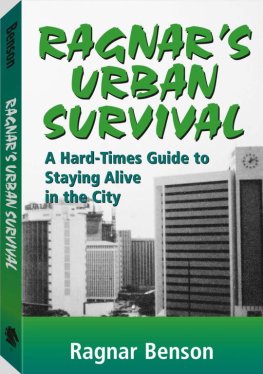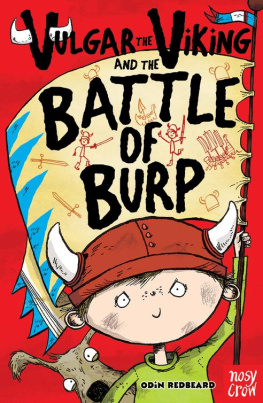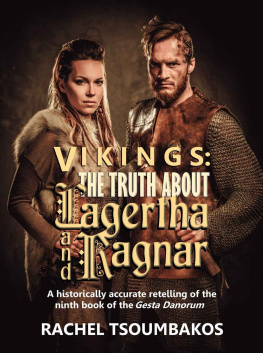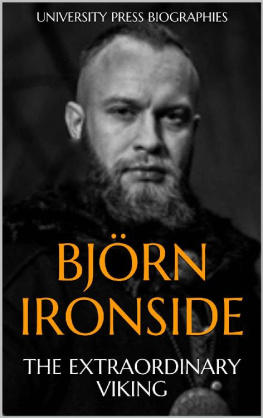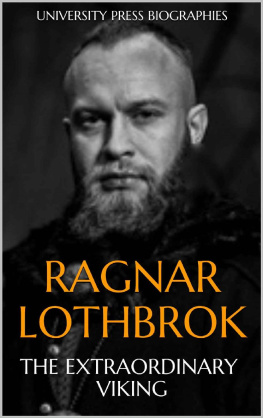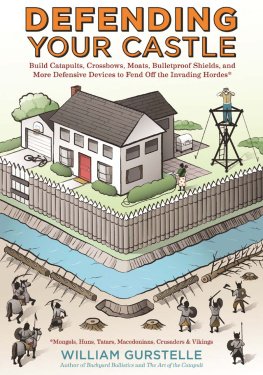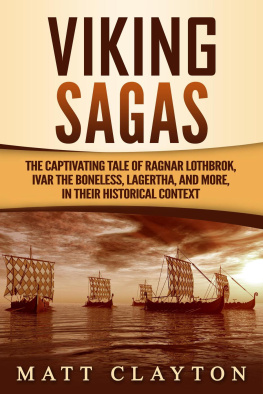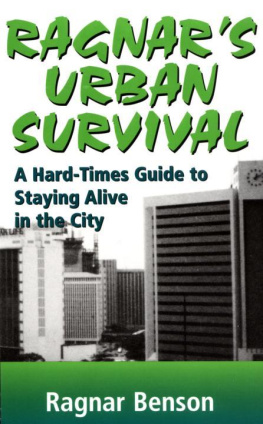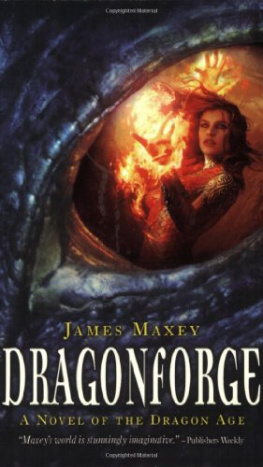Ragnar Redbeard - Might Is Right
Here you can read online Ragnar Redbeard - Might Is Right full text of the book (entire story) in english for free. Download pdf and epub, get meaning, cover and reviews about this ebook. genre: Science. Description of the work, (preface) as well as reviews are available. Best literature library LitArk.com created for fans of good reading and offers a wide selection of genres:
Romance novel
Science fiction
Adventure
Detective
Science
History
Home and family
Prose
Art
Politics
Computer
Non-fiction
Religion
Business
Children
Humor
Choose a favorite category and find really read worthwhile books. Enjoy immersion in the world of imagination, feel the emotions of the characters or learn something new for yourself, make an fascinating discovery.
- Book:Might Is Right
- Author:
- Genre:
- Rating:5 / 5
- Favourites:Add to favourites
- Your mark:
- 100
- 1
- 2
- 3
- 4
- 5
Might Is Right: summary, description and annotation
We offer to read an annotation, description, summary or preface (depends on what the author of the book "Might Is Right" wrote himself). If you haven't found the necessary information about the book — write in the comments, we will try to find it.
Might Is Right — read online for free the complete book (whole text) full work
Below is the text of the book, divided by pages. System saving the place of the last page read, allows you to conveniently read the book "Might Is Right" online for free, without having to search again every time where you left off. Put a bookmark, and you can go to the page where you finished reading at any time.
Font size:
Interval:
Bookmark:
Ragnar Redbeard
Might is Right
This ebook is based on the 1927 edition, originally published by Dil Pickle Press, Chicago. Some minor editorial changes have been made to correct obvious misprints but many of the inconsistencies in spelling, grammar and punctuation have been left unchanged.
OPPORTUNITIES
A mans opportunities are never exhausted so long as other men (who are not his friends) possess millions of acres and thousands of tons of gold.
The guarded treasure halls and iron-clad temples of modern kings and presidents, high priests and millionaires, are positively the richest the world has ever known.
Bulging are they with the vast hoards of silver and diamonds and gold.
Here, then, is opportunity on a colossal scale. Here is the goal of the Csars, Nebuchadnezzars and Napoleons in the days that are coming.
All is ready and prepared for them, even as in olden times.
Csar carried off the treasures of Egypt, Greece, Gaul and Rome. Napoleon looted the money vaults of Venice, Vienna, Madrid, Berlin and Moscow. London only escaped him.
Nebuchadnezzar plundered the Temple of Zion, where the Jews kept all their deposits and drank his beer and wine out of Jehovahs pots of gold.
Napoleon, Csar, Nebuchadnezzar! They were three great men, were they not? And in this their greatness consisted they seized their opportunities.
ALL ELSE IS ERROR
The natural world is a world of war; the natural man is a warrior; the natural law is tooth and claw. All else is error. A condition of combat everywhere exists. We are born into a perpetual conflict. It is our inheritance even as it was the heritage of previous generations. This condition of combat may be disguised with the holy phrases of St. Francis, or the soft deceitful doctrines of a Kropotkin or Tolstoi, but it cannot be eventually evaded by any human being or any tribe of human beings. It is there and it stays there, and each man (whether he will or not) has to reckon with it. It rules all things; it governs all things; it reigns over all things and it decides all who imagine policemanized populations, internationally regulated tranquility, and State organized industrialism so joyful, blessed and divine.
THE VICTOR GETS THE GOLD
Virtue is rewarded in this world, remember. Natural law makes no false judgments. Its decisions are true and just, even when dreadful. The victor gets the gold and the land every time. He also gets the fairest maidens, the glory tributes. And why should it be otherwise? Why should the delights of life go to failures and cowards? Why should the spoils of battle belong to the unwarlike? That would be insanity, utterly unnatural and immoral.
Behold the crucifix, what does it symbolize?
Pallid incompetence hanging on a tree.
Lo, I hear the fighters coming
Over hill and dale and plain.
With the battle cry of ages
In a Rebel world again.
Whod forge their swords to plow-shares,
Shall sweat in bitter yokes,
The free-born race and fearless
Must deal out battle strokes.
In the wars of the Great Csar, and Grim Hannibal, in the times of Belzchazzar, the Pharaohs and all; the days of Rienzi and Roland the Bold; all banners are waving for women and gold.
It is might against might, remember, by land and sea, man against man, money against money, brains against brains, and everything to the winner.
CHAPTER I: INTRODUCTORY
In this arid wilderness of steel and stone I raise up my voice that you may hear.
To the East and to the West I beckon. To the North and to the South I show a sign
Proclaiming Death to the weakling, wealth to the strong.
Open your eyes that you may hear, O! men of mildewed minds and listen to me, ye laborious millions!
For I stand forth to challenge the wisdom of the world; to interrogate the laws of man and of God.
I request reasons for your Golden Rule and ask the why and wherefore of your Ten Commands.
Before none of your printed idols do I bend in acquiescence and he who saith thou shalt to me is my mortal foe.
I demand proof over all things, and accept (with reservations) even that which is true.
I dip my forefinger in the watery blood of your impotent mad-redeemer (your Divine Democrat your Hebrew Madman) and write over his thorn-torn brow, The true prince of Evil the king of the Slaves!
No hoary falsehood shall be a truth to me no cult or dogma shall encramp my pen.
I break away from all conventions. Alone, untrammeled. I raise up in stern invasion the standard of Strong.
I gaze into the glassy eye of your fearsome Jehovah, and pluck him by the beard I uplift a broad-axe and split open his worm-eaten skull.
I blast out the ghastly contents of philosophic whited sepulchres and laugh with sardonic wrath.
Then reaching up the festering and varnished facades of your haughtiest moral dogmas, I write thereon in letters of blazing scorn: Lo and behold, all this is fraud!
I deny all things! I question all things!
And yet! And yet!
Gather around me O! ye death-defiant, and the earth itself shall be thine, to have and to hold.
What is your civilization and progress if its only outcome is hysteria and downgoing?
What is government and law if their ripened harvests are men without sap?
What are religions and literatures if their grandest productions are hordes of faithful slaves?
What is evolution and culture if their noxious blossoms are sterilized women?
What is education and enlightenment if their dead-sea-fruit is a caitiff race, with rottenness in its bones?
2How is it that men of light and leading hardly ever call in question the manufactured moral codes, under which our once vigorous Northern race is slowly and surely eating out its heart in peaceful inaction and laborious dry-rot?
Standard moral principles are arbitrarily assumed by their orthodox apologist to be a fixed and unalterable quantity, and that to doubt the divine-rightness of these principles is treason and sacrilege. When the greatest thinkers of a race are incapable, or afraid to perform their manifest and logical function, it is scarcely to be wondered that average citizens are also somewhat unwilling to risk life, fortune and sacred honor for the overthrow of popularized right and wrong concepts, that they know from bitter personal experience, are unworkable falsities. Although the average man feels in his heart that nearly all political and religious conventionalisms are dynamic deceits, yet how cautiously he avoids any open display of antagonism thereto? He has not the courage of his opinions. He is afraid to say openly what he thinks secretly. In other words he is living in a state of subjectiveness; of vassalage. He allows his brain to be dominated and held in bondage by the brain of another. From his infancy he has been deliberately subjected to a continuous external pressure, especially designed to coerce his understanding into strict accord with pre-arranged views of moral, political or religious duty. He has not been permitted one moment of real mental liberty. He imbibed fraudulent conventionalisms with his mothers milk. He listens to the most hideous lies being glorified in his presence as sublime truths. He hears falsehoods sung in swelling chorus. He hears them sounded on bugles of silver and brass. He hears them intoned by congregations of the faithful amid peals of sacred music, and the solemn roll of chanted prayer. Thus his mind is sterilized by authority before it has had a chance to mature. Thus youth is mentally castrated, that its natural vitality may be afterwards used up in the yoke of custom which is the yoke of slavery. In the nursery, at school, and at college, plastic brain-pulp is deliberately forced into the pre-arranged mould. Everything that a corrupt civilization can do, is done to compress the growing intellect into unnatural channels. Thus the great mass of men who inhabit the world of to-day have no initiative, no originality or independence of thought, but are mere subjective individualities, who have never had the slightest voice in fashioning the ideals that they formally revere.
Font size:
Interval:
Bookmark:
Similar books «Might Is Right»
Look at similar books to Might Is Right. We have selected literature similar in name and meaning in the hope of providing readers with more options to find new, interesting, not yet read works.
Discussion, reviews of the book Might Is Right and just readers' own opinions. Leave your comments, write what you think about the work, its meaning or the main characters. Specify what exactly you liked and what you didn't like, and why you think so.


